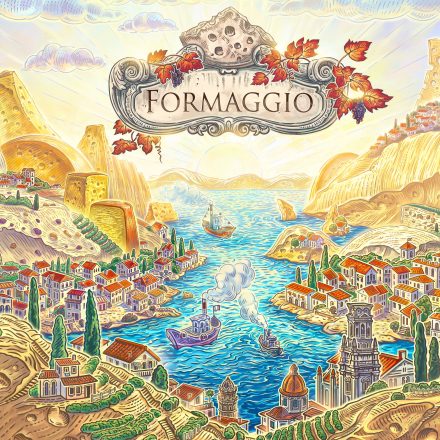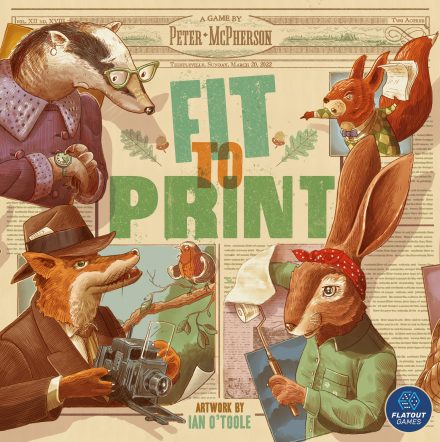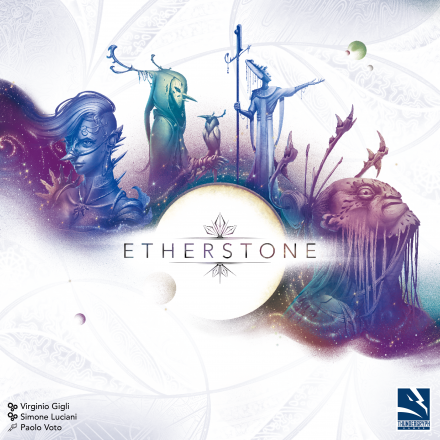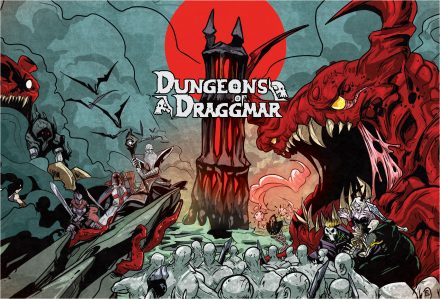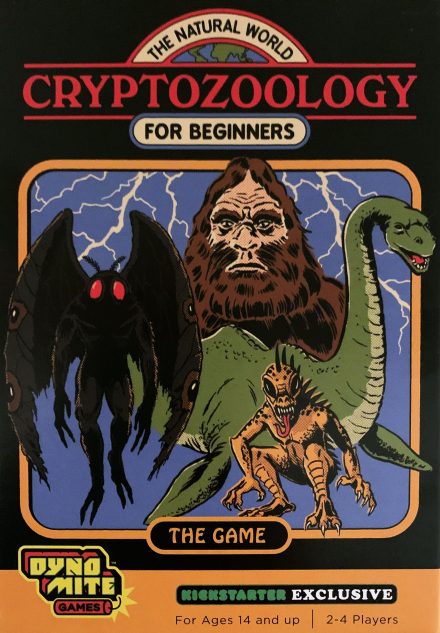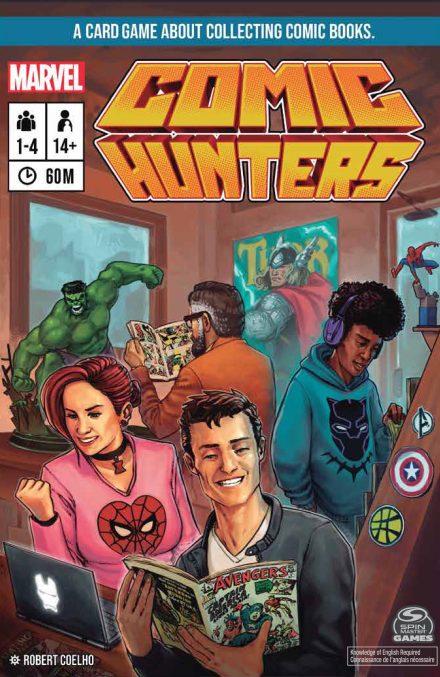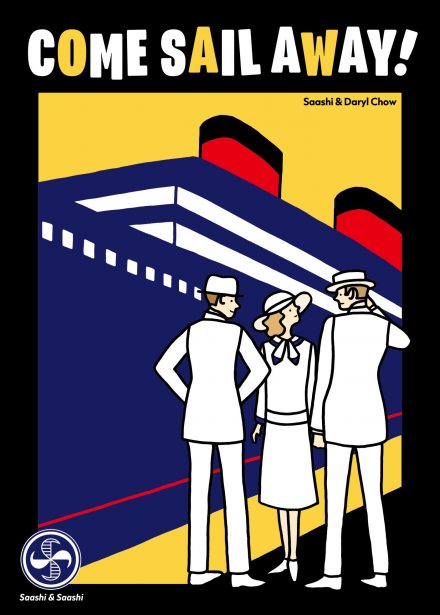You are an Italian cheesemaker in the early 20th century making, aging, and selling your artisanal cheeses. Become the most prestigious cheesemaker in all of Italy by running a highly successful creamery and crafting exceptional cheese. Formaggio is a standalone expansion for Fromage. With both games put together, you can combine any 4 board quadrants, and draft any combination of structure tiles for more variety and more paths to victory.
Formaggio is a simultaneous worker-placement game where players place Workers to make cheese and gather resources from the quadrant of the board facing them. Once all players have placed their Workers, the board rotates, aging any cheese that was made, and presenting each player with a new quadrant to place Workers into. Score Prestige Points by selling cheese to the four locations, and by efficiently managing and upgrading your creamery.
Formaggio features 4 new board quadrants with all new puzzling mini-games:
• Pair your cheese with the wines at the Vigneto.
• Sell cheese to restaurants along the Venetian canals and attract customers.
• Distribute cheese across the Regioni of Italy.
• Deposit cheese in the Banca. (Yes, there is a real bank in Italy that accepts cheese as collateral for loans!)
Other new features:
• Platinum-tier cheeses.
• Reap various rewards in each of the Seasons.
• All new abilities on the Player Boards and Structure tiles.
Game Mechanics:
Game Specifications:
- 1 – 4 Players
- 30 – 45 Minutes
- Difficulty Weight 2.53

